Andreas Löcklin
A Methodology to Identify Cognition Gaps in Visual Recognition Applications Based on Convolutional Neural Networks
Oct 05, 2021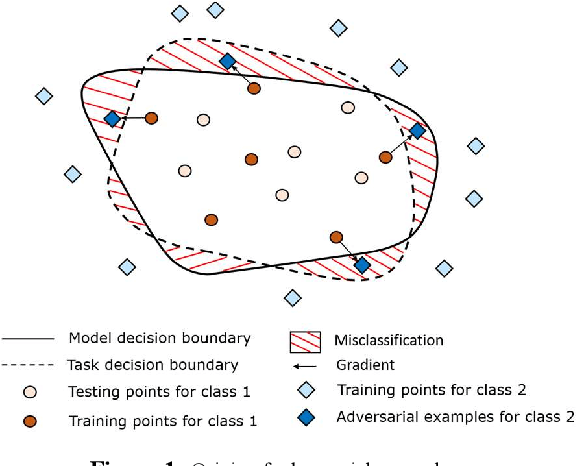
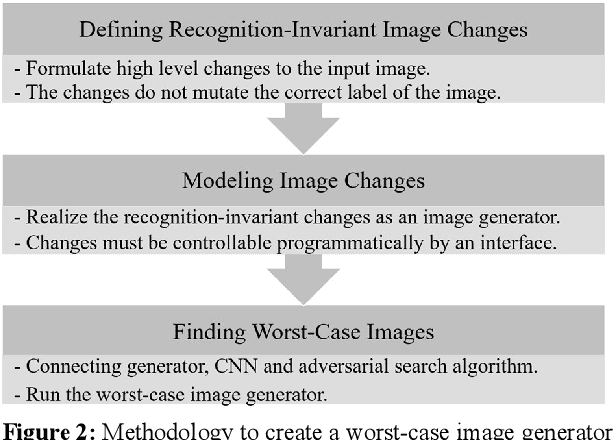
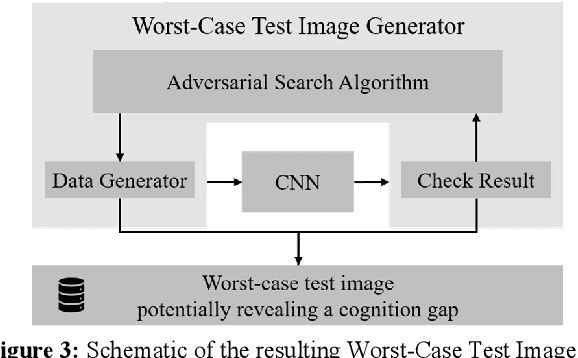
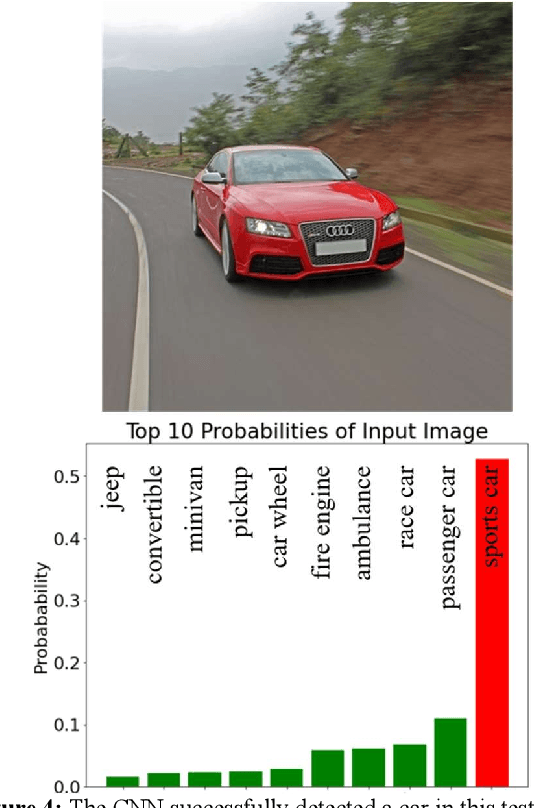
Abstract:Developing consistently well performing visual recognition applications based on convolutional neural networks, e.g. for autonomous driving, is very challenging. One of the obstacles during the development is the opaqueness of their cognitive behaviour. A considerable amount of literature has been published which describes irrational behaviour of trained CNNs showcasing gaps in their cognition. In this paper, a methodology is presented that creates worstcase images using image augmentation techniques. If the CNN's cognitive performance on such images is weak while the augmentation techniques are supposedly harmless, a potential gap in the cognition has been found. The presented worst-case image generator is using adversarial search approaches to efficiently identify the most challenging image. This is evaluated with the well-known AlexNet CNN using images depicting a typical driving scenario.
Transfer Learning as an Enhancement for Reconfiguration Management of Cyber-Physical Production Systems
May 31, 2021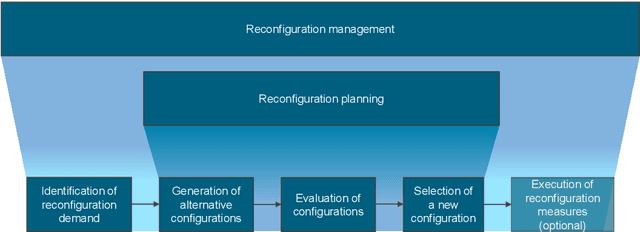

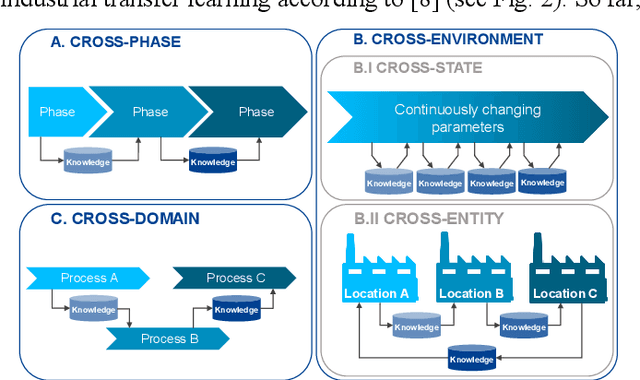
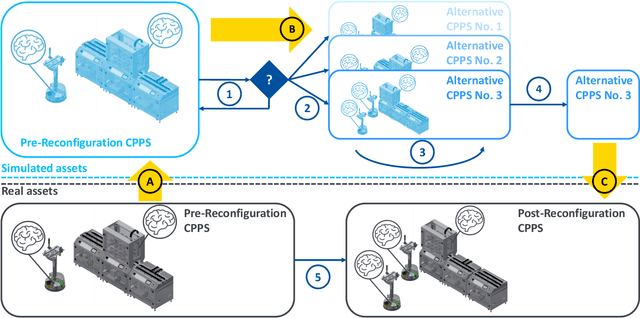
Abstract:Reconfiguration demand is increasing due to frequent requirement changes for manufacturing systems. Recent approaches aim at investigating feasible configuration alternatives from which they select the optimal one. This relies on processes whose behavior is not reliant on e.g. the production sequence. However, when machine learning is used, components' behavior depends on the process' specifics, requiring additional concepts to successfully conduct reconfiguration management. Therefore, we propose the enhancement of the comprehensive reconfiguration management with transfer learning. This provides the ability to assess the machine learning dependent behavior of the different CPPS configurations with reduced effort and further assists the recommissioning of the chosen one. A real cyber-physical production system from the discrete manufacturing domain is utilized to demonstrate the aforementioned proposal.
 Add to Chrome
Add to Chrome Add to Firefox
Add to Firefox Add to Edge
Add to Edge